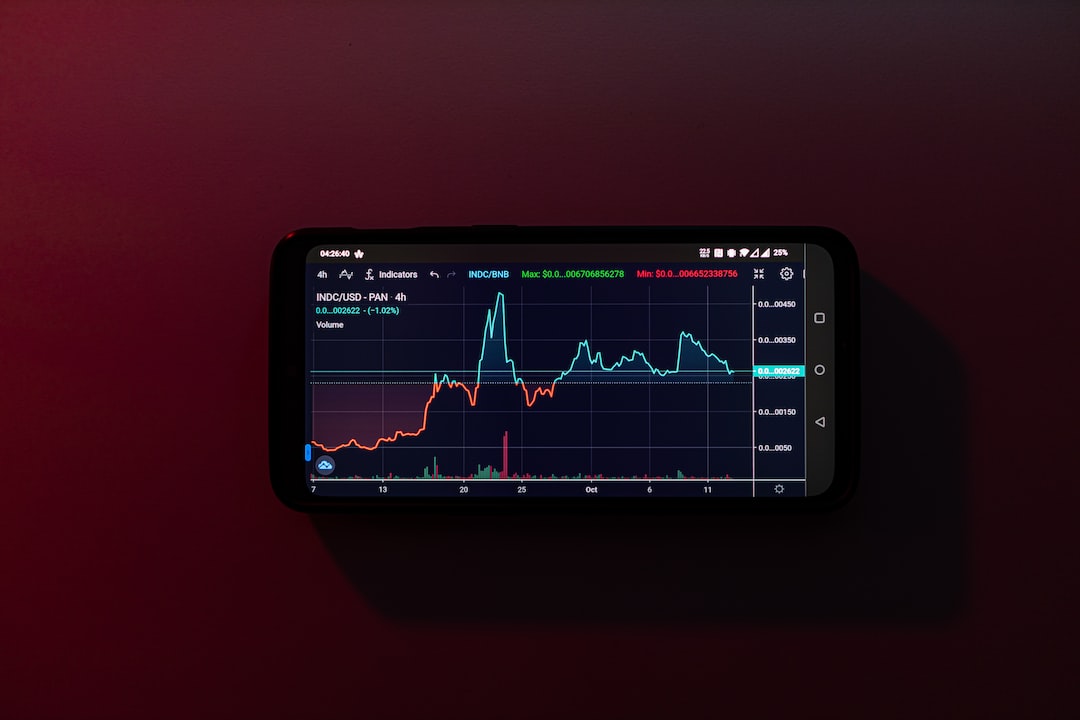Metaverse Set to be Deployed in 700 Cities by 2030, Says ABI Research
According to reports, technology intelligence firm ABI Research has made predictions about the metaverse, stating that it will be deployed in approximately 700 cities by 2030. These cities are expected to implement some form of metaversal infrastructure, potentially extensions of existing urban digital twins. Dominique Bonte, Vice President at ABI Research, highlights the value-generating use cases and applications of the urban metaverse, such as seamless interaction with e-government services, virtual tourism, smart infrastructure design, and urban workforce enablement. The urban metaverse will utilize digital twins layered with augmented and virtual reality to enable advanced modeling and simulation for greener cities.
Current Projects and Technologies in the Urban Metaverse
Some cities are already leading the way in embracing the urban metaverse. Seoul has launched its own urban metaverse, while Tampere, Finland has developed a “metaverse vision” for 2040 in collaboration with the Metaverse Institute. Orlando, Florida is also emerging as a physical center for metaverse development. The focus of urban metaverse technologies is on generating immersive 3D experiences through the combination of digital twins, augmented reality, virtual reality, avatars, AI, cloud computing, and mobile devices. However, there are concerns that investment and enthusiasm for the metaverse may be declining.
Valentino Rossi, Alessandro Del Piero, Honda Embrace Web3 and Metaverse
The metaverse is increasingly attracting sports legends and other prominent figures. Valentino Rossi’s new motoring experience called ValeVerse on The Sandbox offers immersive experiences and digital collectibles. Italian soccer champion Alessandro Del Piero has entered The Nemesis metaverse with ADP Metaverse. Honda has also launched a limited edition NFT in Japan to engage fans in the Web3 and metaverse.
Hot Take: The Rise of the Urban Metaverse
The metaverse is poised to transform urban environments by leveraging digital twins and immersive technologies. With the potential for seamless citizen-government interactions, virtual tourism, smart infrastructure design, and environmental sustainability, the urban metaverse offers numerous value-generating opportunities. While some cities are already embracing this concept, concerns about waning investment and enthusiasm remain. Nevertheless, as more high-profile individuals and companies enter the metaverse space, it is clear that the metaverse is capturing widespread attention and has the potential to reshape how we interact with cities in the future.





 By
By
 By
By
 By
By

